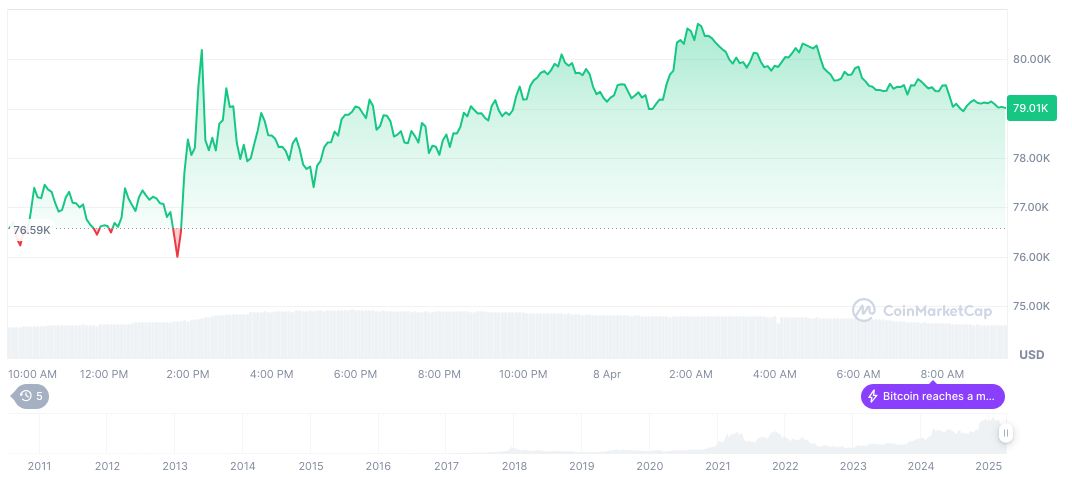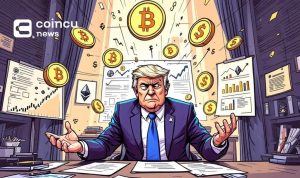- Short sellers gain $127 billion from U.S. equities, April 2-8, 2025.
- Market instability follows newly imposed tariffs on corporations.
- Bitcoin significantly affected, illustrating market interdependency.
From April 2 to April 8, 2025, short sellers targeting U.S. companies secured gains totaling $127 billion. This activity, instigated by recent U.S. tariffs, highlights increasing utilization of short-selling strategies.
Short sellers targeting U.S.-listed companies achieved realized gains of $127 billion from April 2 through April 8, 2025. — Ortex Technologies, Data Analytics Firm
Short Sellers Amid U.S. Tariff News Gain $127 Billion
Ortex Technologies, a comprehensive stock market data and analytics platform, indicates substantial financial movement driven by short-selling in U.S. equities during early April 2025, marking $127 billion in gains. The tariffs recently enacted by the U.S. government contributed heavily to this financial climate, highlighting heightened volatility.
The ripple effect of these short-seller gains was felt across markets. Cryptocurrencies, particularly Bitcoin, saw price drops amid tariff-induced volatility, underscoring market dependencies. Bitcoin’s price
Crypto Markets Impacted as Bitcoin Drops
Did you know? The last time short sellers reaped significant gains from regulatory shocks like tariffs, the equity and cryptocurrency markets were similarly impacted.
According to CoinMarketCap on April 8, 2025, Bitcoin (BTC) trades at $78,502.69, with market capitalization standing at $1.56 trillion. Its trading volume decreased by 43.91% over 24 hours, reflecting recent volatility tied to broader market movements.

Coincu research emphasizes potential long-term impacts on broader cryptocurrency trends, including regulatory responses. These market fluctuations, provoked by macroeconomic policy shifts, can incite deeper analysis into regulatory actions across fiscal landscapes. Potential long-term impacts























